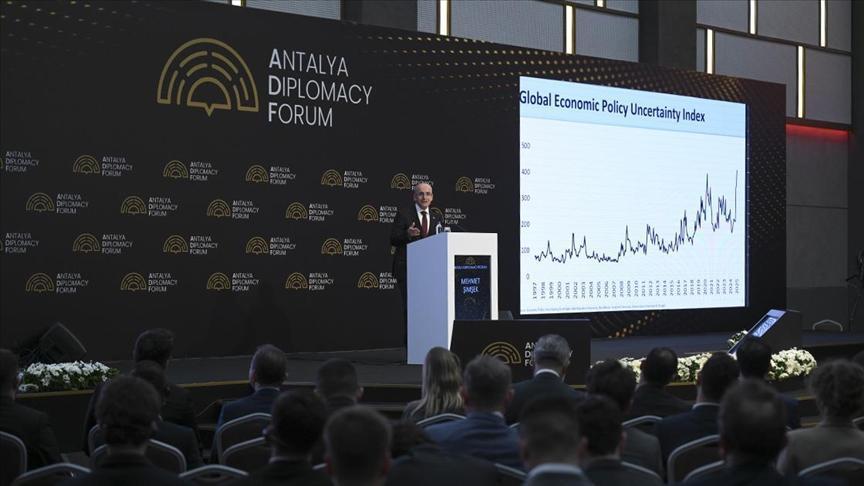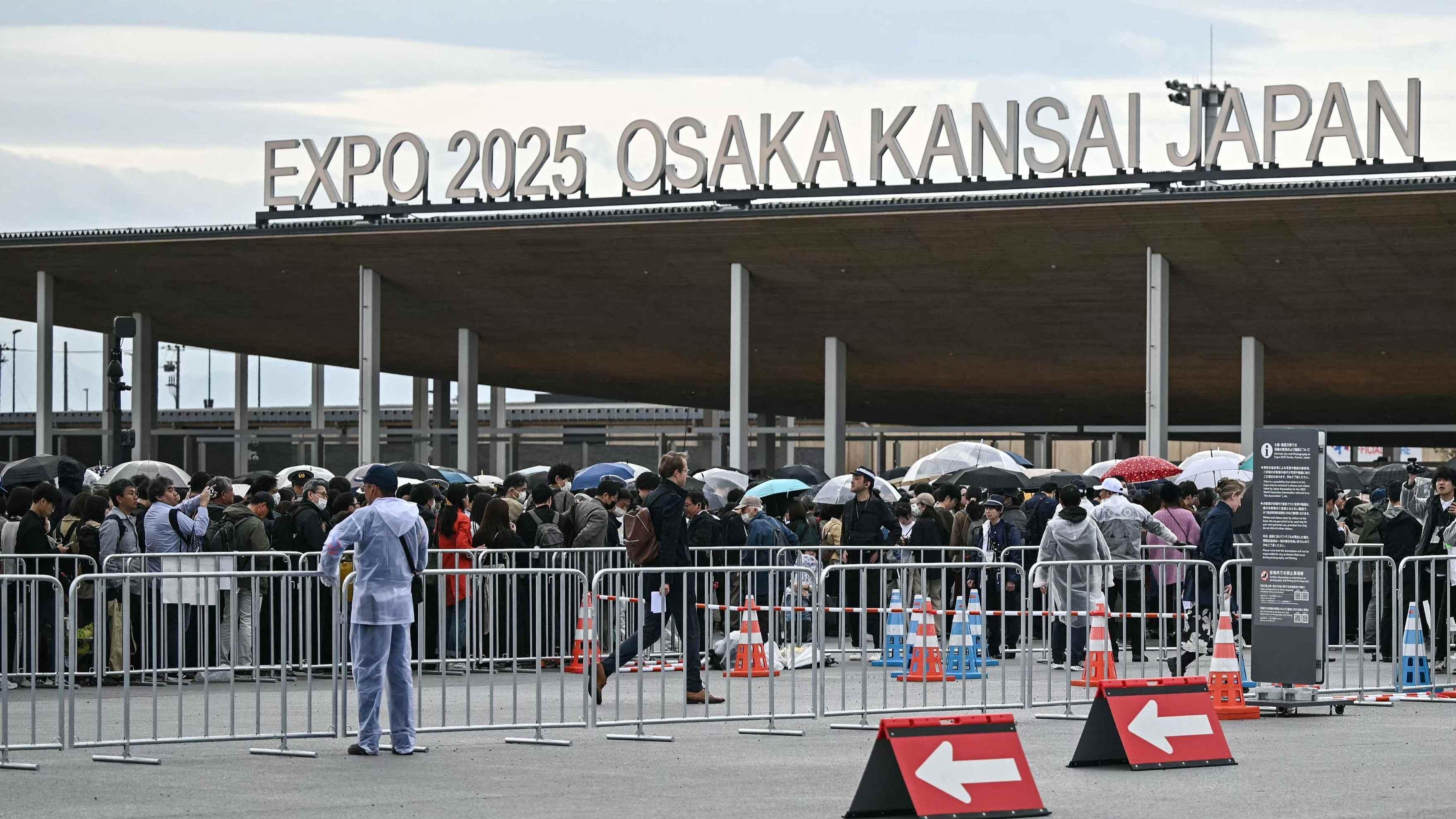The obligation of the state and abortion
FEHMİ KORU
We know what Prime Minster Recep Tayyip Erdoğan thinks on the topic of abortion: He considers abortion murder. Most of the prominent members of the ruling Justice and Development Party (Ak Party) have also expressed similar opinions; none of them view abortion positively.Actually Turkey is not the only country where the topic is viewed negatively, and the Ak Party does not have a unique political opinion on the subject. Whenever this topic is debated, almost everywhere in the world people are split into two, right down the middle. One segment, mostly because of their religious beliefs and partly because of health reasons, seriously opposes it; another segment rejects prohibitions on such grounds as “the body of the woman belongs to the woman” or “let women decide themselves.”
It is similar everywhere in the world: in the United States, also in European, Asian and African countries… If the topic was not carried to the political agenda and if he did not feel the need to express an opinion, would you have thought Prime Minister Erdoğan’s views were any different from what we have learned now? For my part, I can easily answer this question “No.” It is not difficult to guess that Mr. Erdoğan would not view abortion very positively like so many people with strong religious beliefs.
As a matter of fact, esteemed religious experts have joined the debate and have stated that except for very limited circumstances that abortion was not correct. Those people with religious sensitivities have stayed away from abortion anyway even though it has been easy to practice it in our country for the last 30 years.
Those who were not informed, or those who lacked adequate religious sensitivity have also now learned what the situation is from the religious point of view. A portion of those who regarded abortion as a method of birth control or a portion of those doctors who practiced this operation on whomever demanded it will be more careful from now on.
However, the Ak Party, which has brought the subject up and which has carried it to this dimension, is expected not to settle for a warning but to ban abortion or to make the practice extremely difficult, and in that regard, submit a motion in the Parliament. This is the reason why the debate was carried to the streets anyway. Almost every day crowds, activated by this intention, are organizing protests somewhere.
Indeed, since it is a party that has the quorum in the Parliament, the Ak Party can surely transform its intention into a law. However, this is the question we need to search for an answer to: Should it transform its intention into a law? My answer to this question will again be a short “No.”
Not only because Turkey is a “secular” state and for this reason in many different matters including abortion, several practices that are not tolerated by religion are allowed. This is also important naturally, but what is crucially important is the wrongness of the desire to reach a result by forcing a decision that also has social and religious dimensions instead of leaving that decision to the free will of the person.
The present legal framework has adopted a formula that is based on not risking the health of the prospective mother. Negative situations that might occur after a ban may jeopardize the right to live of the mother also.
Our people, who had the opportunity to learn about the subject extensively during the recent debates; let us let them decide on what kind of an attitude they would adopt.
As a matter of fact, the obligation of the state consists of this.
Fehmi Koru is a columnist for daily Star in which this piece was published on June 5. It was translated into English by the Daily News staff.
FEHMİ KORU - fkoru@stargazete.com











